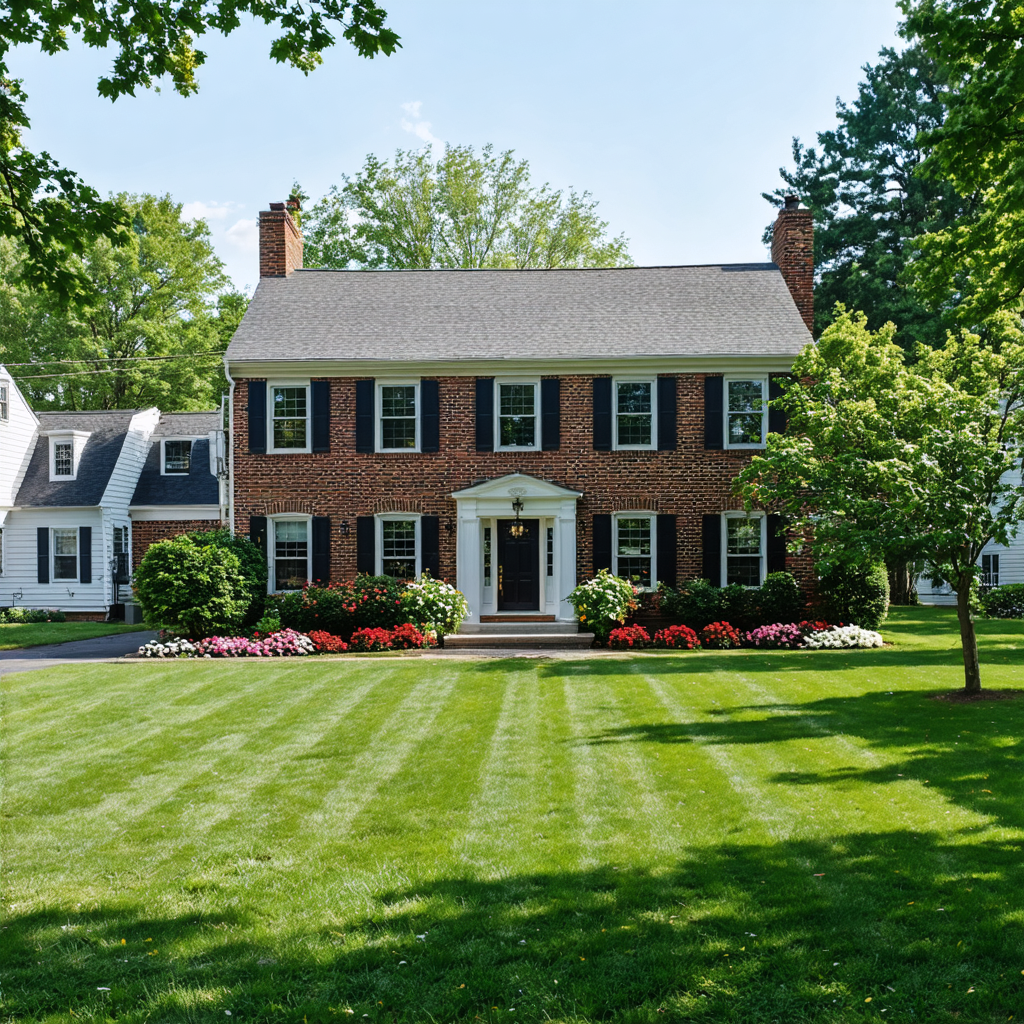
When it comes to selling a home in Salt Lake City, getting a grip on closing costs is absolutely essential. With the median home prices hovering around $500,000, those costs can take a big bite out of sellers’ profits if they’re not prepared. From real estate agent commissions to various local taxes, understanding what lies ahead can make a world of difference in this critical phase of the selling process.
What Are Closing Costs and Why Are They Important for Sellers?
So, what exactly are closing costs? Simply put, these are a mix of fees and expenses that surface at the end of a real estate transaction, all geared toward transferring property ownership from the seller to the buyer. It’s crucial for sellers to be in the know about their responsibilities when it comes to closing costs. This knowledge can significantly influence the financial outcome of their sale.
By understanding closing costs, sellers can better plan ahead, limit unwelcome surprises, and even enhance their negotiating power throughout the selling experience.
Typical Closing Costs for Home Sellers in Salt Lake City
In Salt Lake City, sellers can expect closing costs to range anywhere from 5% to 10% of the home’s sale price. For a $500,000 home, that translates to an eye-watering $25,000 to $50,000 in closing costs. Here’s a breakdown of what typically hits sellers’ pockets:
- Real Estate Agent Commissions: Usually the biggest chunk of closing costs, these commissions typically fall between 5% and 6% of the sale price, shared between the buyer’s and seller’s agents. It’s significant, no doubt about it.
- Transfer Taxes: These taxes come into play when property ownership changes hands. While they can vary, in Salt Lake City, they’re usually modest compared to those hefty agent commissions.
- Title Insurance: Many sellers end up shouldering the cost of title insurance. This protects the buyer and lender from any ownership disputes that could arise after the sale is complete.
- Escrow Fees: Paid to the escrow company that manages the transaction’s inner workings, including funds and all necessary documentation.
Factors Affecting Closing Costs: Local Market Insights
Several elements can sway the final closing costs that sellers face in Salt Lake City, among them:
- Market Conditions: In a fierce market, sellers might choose to cover additional costs to attract buyers, such as contributing to part of the buyer’s closing expenses. Understanding how closing costs vary by location can be beneficial for your strategies.
- Property Type and Location: Different types of properties and neighborhoods have unique costs. High-value areas might carry a different fee structure than others. For insights on other markets, check out closing costs in New York.
- Negotiations: Keep in mind that the closing costs can be part of the bargaining process in the purchase agreement, offering room for flexibility on fee responsibilities.
How to Prepare for and Reduce Closing Costs as a Seller
Getting ready for closing costs is critical to sidestep any surprising expenses at the last minute. Here are a few strategies that could lead to managing and potentially lowering those closing costs:
- Negotiate Agent Commission Rates: Although the standard commission is typically around 5% to 6%, some agents might be open to negotiation, particularly if they’re confident in your property’s marketability.
- Shop Around for Services: Just as buyers do, sellers have the opportunity to compare costs for services like title insurance and home inspections. Scouting for competitive rates can definitely trim your expenses.
- Examine Your Sale Agreement: Take a good hard look at what’s outlined in your sale agreement. If the buyer is set to cover certain fees, make sure it’s clearly stated in the contract.
Navigating the Closing Process: Tips for Salt Lake City Sellers
The closing process can seem like a daunting task, but with the right preparation and mindset, you can glide through it:
- Stay Organized: Having all your property-related documents at hand makes the whole closing process a lot smoother and less stressful.
- Communicate with Your Agent: Regular chats with your real estate agent can clear up any unexpected costs and offer insights on what to anticipate.
- Know Your Timeline: Get familiar with how closing timelines operate in Utah—generally occurring between 30 and 60 days after an accepted offer. This awareness allows for better coordination of your moving plans.
In the end, understanding closing costs in Salt Lake City is pivotal for maximizing your earnings when selling. By arming yourself with knowledge about these costs, leveraging the strategies mentioned, and collaborating with a savvy real estate agent, you can help ensure a smoother sailing during the closing process.
Whether you’re gearing up to sell now or mulling it over for the future, connecting with local experts will provide the insight needed to make informed decisions that take your real estate journey to the next level. Dive into your options, and get ready to navigate the exciting world of real estate like a pro!

